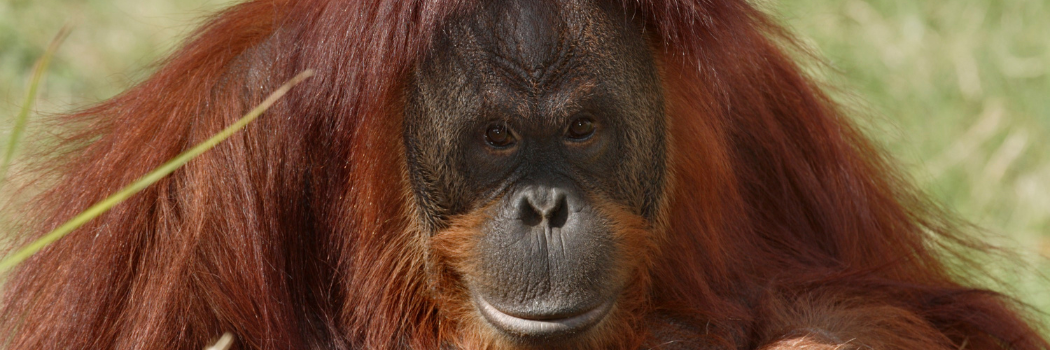
The shift from dense forests to open plains in Africa may have caused our ancient ancestors to change their vocal calls, research involving our anthropologists has found.
Researchers studied audible orangutan calls in a South African savannah to measure the different vowel and consonant-based sounds made by the animals and the distance at which they were still audible.
Orangutan calls
As part of the long-term Primate & Predator Project, based at the Anthropology field station in the Soutpansberg Mountains where they played 487 calls from Sumatran and Bornean orangutans and recorded how possible it was to hear them at intervals of 25 metres, up to a distance of 400 metres.
Around 80 per cent of consonant-based calls were audible at 400 metres, while less than 20 per cent of vowel-based calls remained audible at the same distance.
This showed that consonant-based calls remained audible over longer distances compared to vowel-based calls.
Effective consonant-based calls
These findings suggest that consonant-based calls are more effective in open landscapes and were possibly influenced around 5.3 to 16 million years ago, during the middle and late Miocene Era, when Africa's landscapes turned from forests to wide-open grasslands, pushing ancient primates out of the trees and onto the ground.
Since soft tissues don't last in fossils, we can't know for sure how this landscape change affected their voices.
Shaping early human vocal communication
However, great apes make both vowel-like and consonant-like sounds. Orangutans in particular make these in combination, similar to a syllable, and as orangutans spend most of their time in the trees, they are an ideal model to test what changes might have happened when our ancestors were forced to adapt to their lower ground surroundings.
And as consonants play a significant role in modern human languages, the findings suggest that the transition to open plains might have been pivotal in shaping early human vocal communication.






